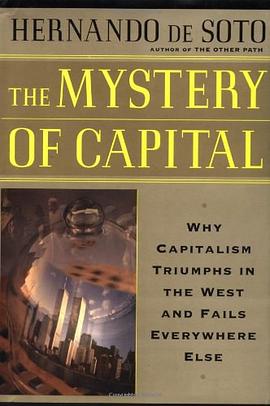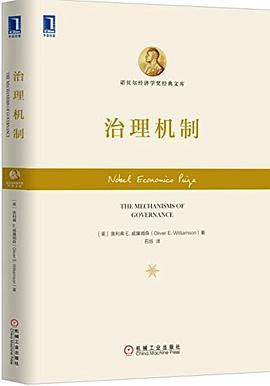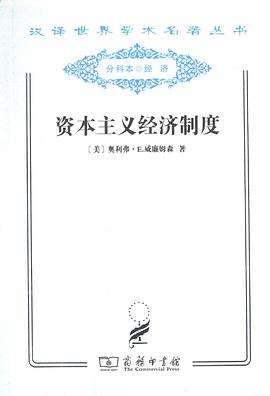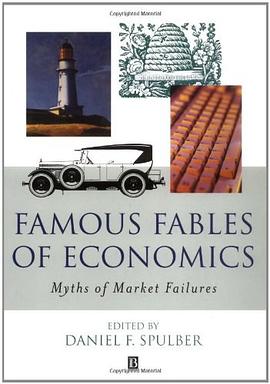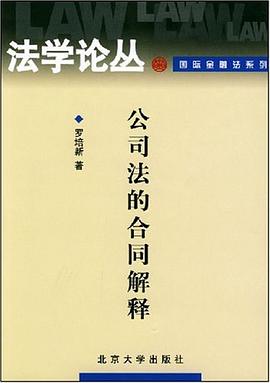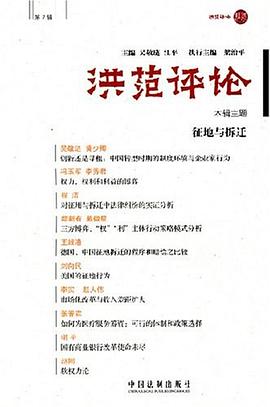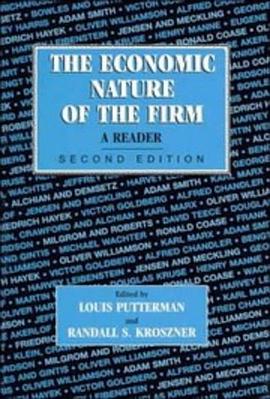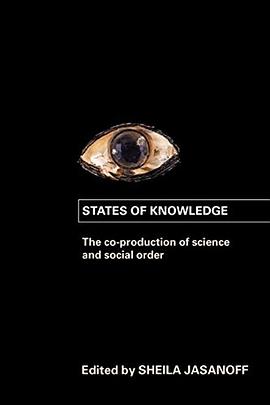

This edition includes, in addition to the most pertinent sections of The Fable’s two volumes, a selection from Mandeville’s An Enquiry into the Origin of Honor and selections from two of Mandeville’s most important sources: Pierre Bayle and the Jansenist Pierre Nicole. Hundert’s Introduction places Mandeville in a number of eighteenth-century debates—particularly that of the nature and morality of commercial modernity—and underscores the degree to which his work stood as a central problem, not only for his immediate English contemporaries, but for such philosophers as Hume, Rousseau, and Kant. The selections are substantive enough to faithfully represent Mandeville the social theorist, and compact enough to be used in courses that can afford to spend no more than a week on his work.
“Hundert is especially good at demonstrating how vital Mandeville’s ideas are as a major foundation for more famous Enlightenment thinkers such as Rousseau, Diderot, Voltaire and others. . . . The additions of Nicole and Bayle will be useful in courses on 18th century ethics and morals, and in general surveys of Enlightenment thought. This is probably the best one-volume edition of the main works of Mandeville now available.”
—Irwin Primer, Rutgers University
“An excellent edition of a much needed text. E. J.. Hundert’s addition of clear biographies, a coherent introduction, an appendix, and suggested readings adds to the book’s evident value in graduate and undergraduate teaching. Hundert has done an admirable job of contextualizing Mandeville’s Fable in the philosophical debates of human morality and sociability that were crucial to the development of liberalism. There can be no better and affordable introduction to the sources for students than Hundert’s new edition of this classic.”
—Fabio Lopez-Lazari, Arizona State University
E. J. Hundert is Professor of History, the University of British Columbia.
具体描述
读后感
读书的时候,在图书馆里无意中拿到的,那时还没有老师推荐我们看道德情操论之类的书。 所以我丢下了乏味的国富论,对这本书着迷了。还在笔记本上摘抄了好多名言金句。 曼德维尔对人性的剖析是很刻薄很真实,细细思索,很过瘾!
评分B. 曼德维尔最重要的作品《蜜蜂的寓言》副标题为“私人的恶德,公众的利益”,相比全书犀利的言辞,这个著名的“曼德维尔悖论”显得和缓很多。这句精炼的格言或许在发表当日引起轩然大波,但在今天,熟悉市场经济的现代人,只要不是卫道士,就可以毫不费力地承认这句话,个体的...
评分“人的道德行为,虽应当以理性和利他为重,但其动机则出于自爱或自利,人若除掉自爱,不但没有道德,连社会也不能存在。” “一切利他的或仁爱的德性,实际上只是想获得他人的赞美和避免受到谴责,因而不过是利己主义的伪装。” “理性只不过是情感的玩物。” “在沙夫茨伯里看...
评分曼德维尔对人性的剖析(在对人的种种感情的解析上我认为本书甚至要超过斯密的《道德情操论》)、对人类文明的自发、渐近产生和发展的诠释相当精辟!也难怪哈耶克会如此推崇曼德维尔! 在读亚当斯密和哈耶克的“自生自发秩序”之前如果能读读对他们影响很大的这一本书,会容易理...
评分网上到处都缺货,无奈之下只好看电子版了! 私人的利益与“公共利益”之间并非是非此即彼而可以是和谐的(至少从总体上和长远地来说),私人追求个人私益可由“看不见的手”导向服务于其他人的利益,只要是不“损人”的“利已”最终也会“利人”的。两百多年前曼德维尔和亚当...
用户评价
Mandeville 实乃我的人生导师,灵魂伴侣
评分Master of irony - if he intended it
评分so evil yet so true. maybe that's why Bacon said he always liked bees because they not only acquire but also collaborate and contribute. I tend to perceive it philosophically yet abstractly(Hegel or Darwin), however, I have to say it's less offensing when valued in the economics way of thinking and justifying.[Mar 18th @ Brown Science lib, e-Book obtained from GG public domain]
评分Mandeville 实乃我的人生导师,灵魂伴侣
评分so evil yet so true. maybe that's why Bacon said he always liked bees because they not only acquire but also collaborate and contribute. I tend to perceive it philosophically yet abstractly(Hegel or Darwin), however, I have to say it's less offensing when valued in the economics way of thinking and justifying.[Mar 18th @ Brown Science lib, e-Book obtained from GG public domain]
相关图书
本站所有内容均为互联网搜索引擎提供的公开搜索信息,本站不存储任何数据与内容,任何内容与数据均与本站无关,如有需要请联系相关搜索引擎包括但不限于百度,google,bing,sogou 等
© 2025 onlinetoolsland.com All Rights Reserved. 本本书屋 版权所有


